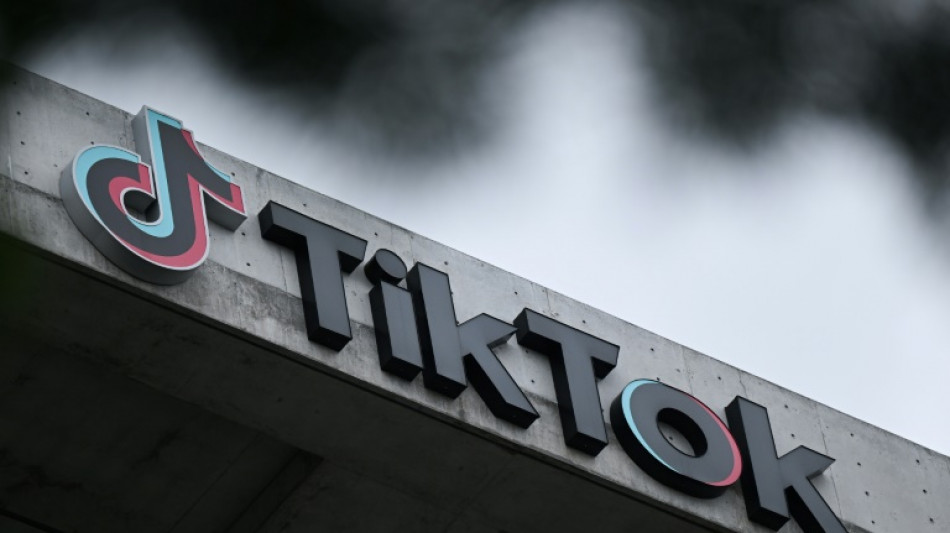

TikTok boss to deny China ties to US lawmakers
TikTok CEO Shou Zi Chew will staunchly deny allegations by US lawmakers Thursday that the hugely popular video-sharing app had ever, or ever would, share data with the Chinese government.
The pledge will be part of Chew's testimony before the House Energy and Commerce Committee that is intended to oppose calls, including from the White House, that the app should be banned in the United States as long as it remains a Chinese company.
Both Republican and Democratic lawmakers are expected to give Chew a rough grilling and Chew will face an uphill battle to sway the US lawmakers over their national security concerns.
There are currently several pieces of legislation, including one bill backed by the White House, already paving the way for a ban of the app if TikTok fails to split from its parent company, Chinese firm ByteDance.
"Let me state this unequivocally: ByteDance is not an agent of China or any other country," Chew will say, according to his prepared remarks made available by the House committee.
"TikTok has never shared, or received a request to share, US user data with the Chinese government. Nor would TikTok honor such a request if one were ever made," Chew will add in his opening statement on Thursday.
Chew's remarks will list a long set of assurances and promote the company's elaborate plan -- known as Project Texas -- to satisfy US national security concerns.
According to that plan, the handling of US data will be ring-fenced into a separate division of the company, co-controlled with Oracle and under different management.
The Singaporean CEO will tell the US lawmakers that TikTok has already spent $1.5 billion on Project Texas and hired 1,500 US-based staff to make it a reality.
He will also argue US user traffic is running exclusively on Oracle's servers and that the algorithm driving TikTok's signature "For You" recommendations is processed in the US.
Chew will also tout TikTok's content moderation that is staffed by "more than 40,000 people" around the world.
TikTok "is not the platform of choice for individuals seeking to engage in harmful conduct," Chew will say, in a tacit criticism of rivals such as Google owned YouTube and Meta-owned Facebook that have also struggled with harmful or illegal content.
Chew will also point to the site’s new default of imposing a 60 minutes-a-day time limit for under 18-year-olds.
They also are barred from holding live streams, which are more difficult to monitor, though critics allege the rules are easy for underage users to circumvent.
D.R.Megahan--NG



